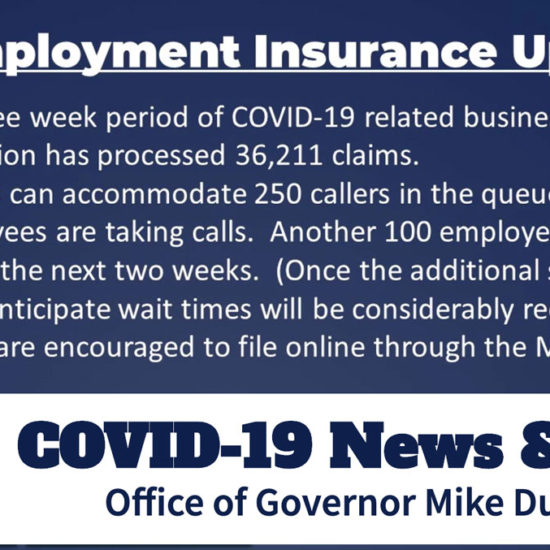
Last month, I examined the possibility that Senate polls could prove to be biased or “skewed” against Democrats. If the polls have even a modest bias against Democrats, the party’s chances of keeping the Senate would be more like 50-50. And if the polls have a more severe anti-Democratic bias, it would be favored to keep its majority.
The data I’ll be using is from FiveThirtyEight’s pollster ratings database, which covers polls conducted in the final three weeks of campaigns since 1998. (You can download the data here.) I’ll be using polls from all presidential, Senate and gubernatorial races in which a Democrat and a Republican were the top two finishers.1 I’ll also use polls of the U.S. House, but only in states like Alaska and Delaware that have just one at-large congressional district. Bias is calculated as the difference between the actual election result and the polled margin. For example, if the Democrat is projected to win by 5 percentage points in a poll and she wins by just 2 points, that poll would have a 3-point Democratic bias.
Democrats, indeed, have outperformed their polls in Colorado — by an average of 2.2 percentage points since 1998. That closely matches Republican Cory Gardner’s lead over Democrat Mark Udall in the polls this year. So, if they have the same bias again, the race will be a tossup. The polls have also been biased against Democrats in Iowa, another key Senate race, by an average of 1.8 percentage points.
But that’s where the good news ends for Democrats. In the other eight states with the most competitive Senate races, the polls have historically had a bias toward Democrats. This has been by a trivial amount (0.2 percentage points) in North Carolina and New Hampshire. But it’s been more significant elsewhere: by 1 or 2 percentage points in Arkansas, Georgia, Kansas, Kentucky and Louisiana — and by a whopping 7 points in Alaska. If I adjust our forecast according to the historical bias in each state — for instance, adding 2 points to Udall’s projection in Colorado but subtracting 7 from the Democrat Mark Begich’s in Alaska, Democrats’ odds of keeping in the Senate would decline slightly overall, to 24 percent from 27 percent.












